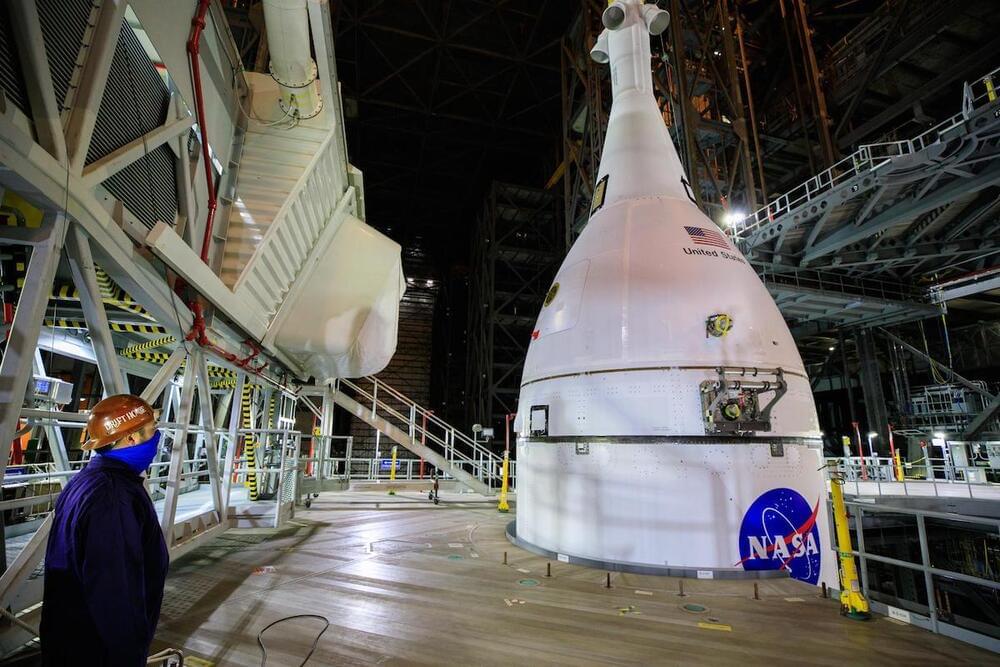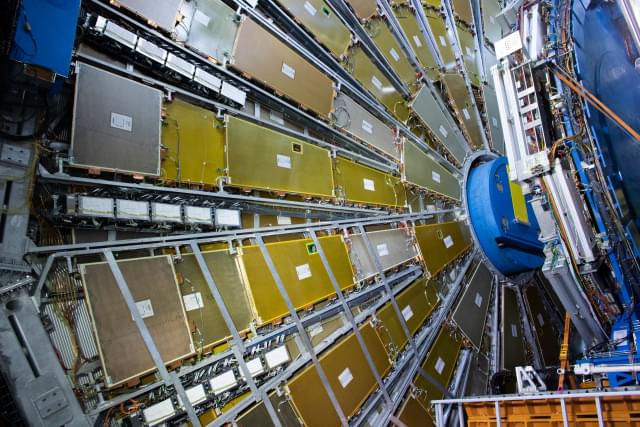Oct 24, 2021
Scientists Make Hardened Wooden Knife That’s 3x Sharper Than Stainless-Steel
Posted by Quinn Sena in categories: materials, sustainability
The sharpest knives available are made of either steel or ceramic, both of which are man-made materials that must be forged in furnaces under extreme temperatures. Now, researchers have developed a potentially more sustainable way to make sharp knives: using hardened wood. The method, presented October 20th, 2,021 in the journal Matter, makes wood 23 times harder, and a knife made from the material is nearly three times sharper than a stainless-steel dinner table knife.
“The knife cuts through a medium-well done steak easily, with similar performance to a dinner table knife,” says Teng Li, the senior author of the study and a materials scientist at the University of Maryland. Afterward, the hardened wood knife can be washed and reused, making it a promising alternative to steel, ceramic, and disposable plastic knives.
Li and his team also demonstrated that their material can be used to produce wooden nails as sharp as conventional steel nails. Unlike steel nails, the wooden nails the team developed are resistant to rusting. The researchers showed that these wooden nails could be used to hammer together three boards without any damage to the nail. In addition to knives and nails, Li hopes that, in the future, the material can also be used to make hardwood flooring that is more resistant to scratching and wear.


















